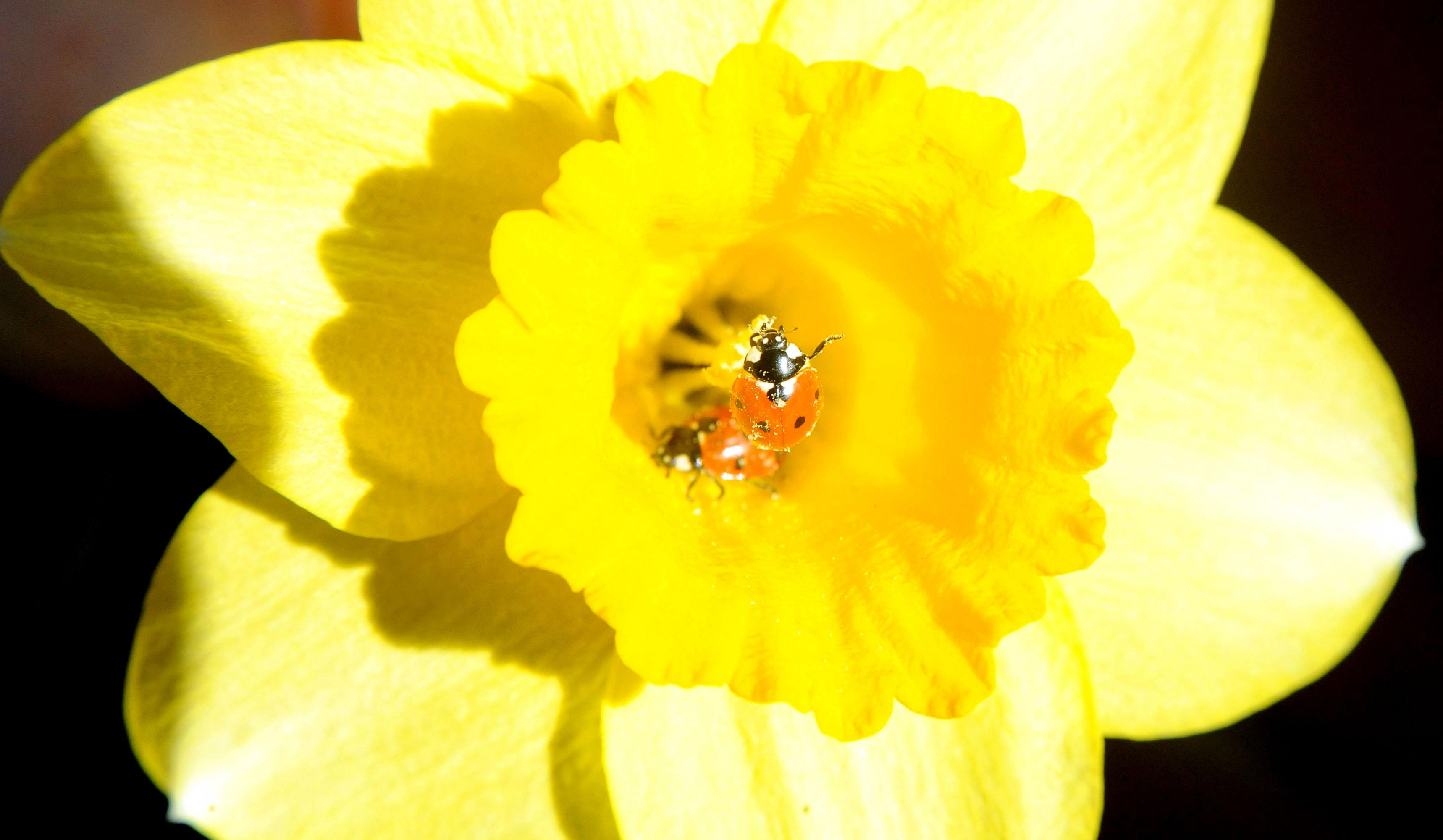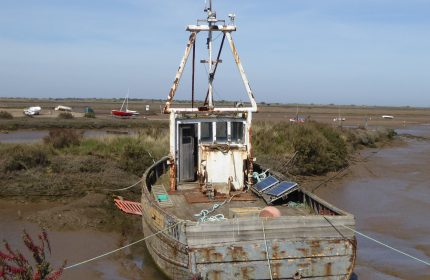Phone app tracks ladybird invasion
Scientists have launched a mobile phone app to monitor the impact of the invasive harlequin ladybird on the UK’s native species.
The free app, iRecord Ladybirds, was produced by scientists at the Centre for Ecology and Hydrology working with the Nature Locator team at the University of Bristol.
It allows users to connect to the UK Ladybird Survey and input their own records of species across the country, which are used to track ladybird populations.
Data submitted to the survey, which launched in 1968, has already shown a decline in native species such as the two-spot ladybird in response to the arrival of the harlequin, which was first seen in England in 2003.
Conservationists hope the app will show whether native ladybird species will bounce back in 2013 and provide insight into the invasion process in the future.
Dr Helen Roy, from the UK Ladybird Survey, said: “I have been inspired by the number of people getting involved with the UK Ladybird Survey via email, online recording, Twitter and traditional pen and paper – the observations they submit are invaluable.
“With the new app we now have a further opportunity to continue monitoring the harlequin ladybird alongside other species to further our understanding of the invasion process.”
More than 50,000 records, which are published online, have been submitted by members of the public since the Survey’s launch in 1968. Lower numbers of harlequin and native ladybirds were reported in 2012, though the number of records remained stable for the mildew-feeding orange ladybird.
Dave Kilbey, Nature Locator project manager at the University of Bristol, said: “Smartphone apps like this one have the potential to transform the way we record and monitor wildlife populations owing to a combination of useful features such as GPS location fixing, help with making a correct identification and the ability to take and submit images with records.”
Each species has a distribution map and habitat information within the app, with photographs and a simple identification key also provided. Information gathered by the Survey is used by scientists to ascertain how wildlife is changing due to factors such as climate chance and the arrival of new species.
The Press Association
Latest posts by The Press Association (see all)
- Best spring-to-summer plants to fill the colour gaps - April 15, 2025
- Catherine tells how ‘spiritual’ connection with nature gives her peace in busy world - April 15, 2025
- Why weeds are worth cultivating – and eating - April 14, 2025
- 5 top tips for cleaning your tech, from phones to laptops - April 14, 2025
- President and political leaders hail McIlroy’s thrilling Masters victory - April 14, 2025




















